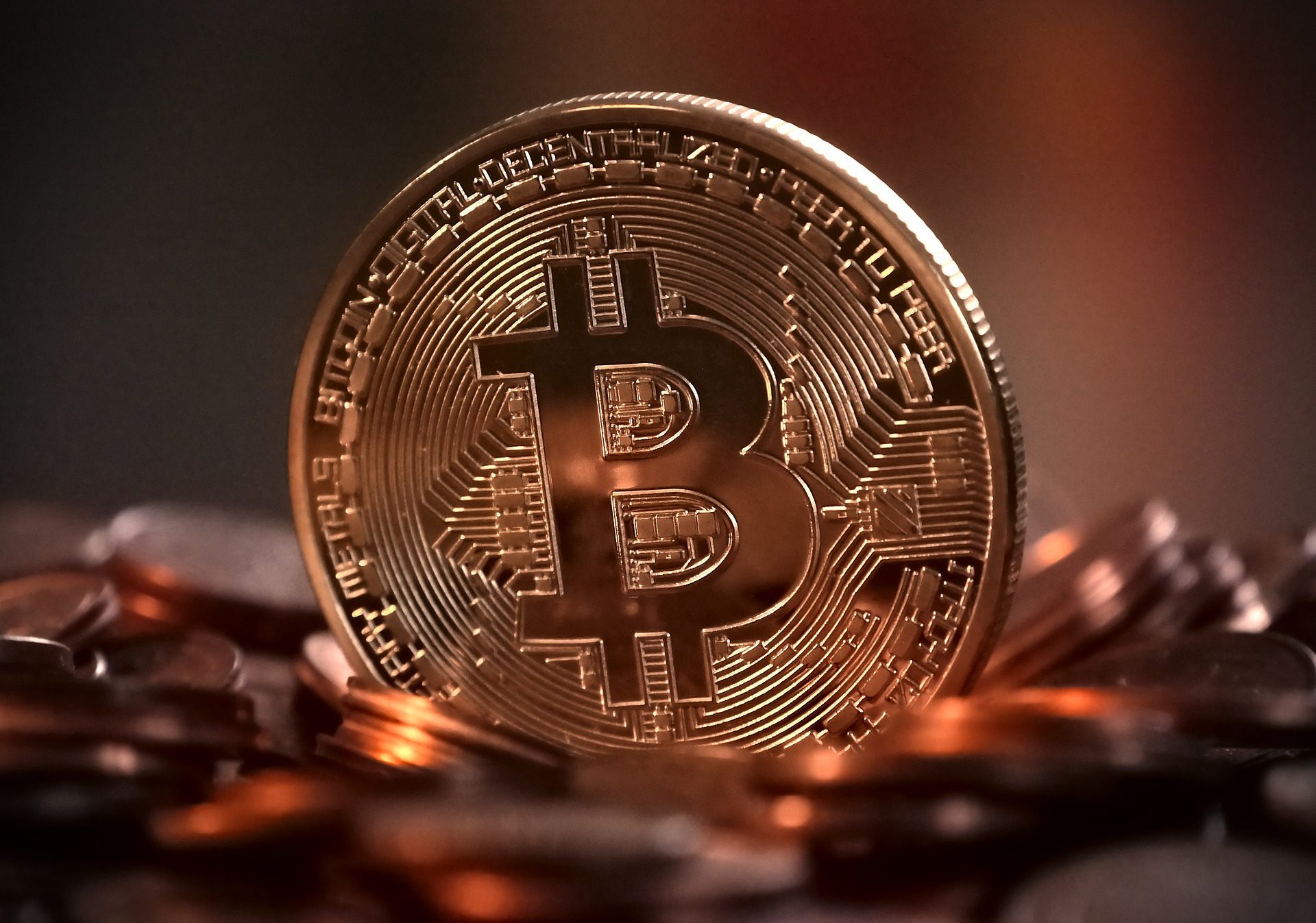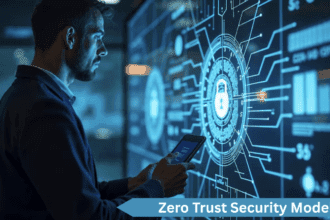The dawn of cryptocurrencies, an untouchable and untraceable currency, meant a new era for the financial industry. It meant no manipulation and no control from the government and other authorities (decentralization) – which is good news.
However, the main reason for its huge success is its distinctive feature, security. Based on blockchain technology, cryptocurrencies are reportedly difficult for hackers to break.
Nonetheless, despite being one of the most secure modes of transaction, crypto is not without its risks. Users can still face crypto frauds, with the recent Covid-19 related cases being a case in point.
3 Current security risks associated with storing and trading cryptocurrencies
Phishing
Despite being a new financial model, cybercriminals have found ways to employ the age-old phishing tactics to prey on crypto holders. Just like you would lose money on a traditional e-money wallet, attackers can deceive a user into accessing a phishing site. Here, the users will then be prompted to upload their crypto wallet details, then boom – their wallet is cashed out.
What’s worse, with crypto, you can’t cancel your transaction or report the incident to any authority. Once your digital coins are gone, they are gone!
Social engineering hacking
Social engineering has fast become one of the most popular techniques employed by hackers. It’s based on manipulating the users’ psychology, so they can reveal their passwords and wallet details. With this tactic, the hackers can intercept cash flows by deceiving hosting providers that they are the real owners of a domain address. An example of this attack is the most recent twitter hack, where attackers took control of several high-profile accounts. They then used these accounts to promote a significant bitcoin scam.
Crypto-jacking
Crypto users also face the threat of crypto-jacking. This occurs when hackers gain access to your computer and secretly use it to mine cryptocurrencies. They do this using simple phishing tactics like sending the user a malicious link in an email. Once the user opens the link, the malicious code loads onto the pc and works silently in the background. Besides using your pc resources, these hackers may also steal your crypto wallet and siphon your currency.
The above are just the tip of the many security risks crypto users face. So much for one of the most secure wallets in the world. Luckily, there’s something you can do as a user to protect your hard-mined digital coins.
5 Ways to stay protected
While hackers are getting smarter on how to break into cryptocurrency wallets, here are a few tips to give them a hard time:
1. Keep your crypto investments a secret
With the crypto market booming, the idea to broadcast your success in public can be quite tempting. But you have to keep it to yourself, or a few close friends. Don’t post it on social media or talk about it in public places. The moment you advertise your involvement, you suddenly put yourself on a hacker’s radar as a target.
2. Only use secured networks for your transactions
Hackers and cybercriminals are always roaming on free public wi-fi waiting for easy prey. So, when using public wi-fi, don’t make any transactions on your crypto-wallet. Hackers can easily intercept your traffic on the network and use it to decipher your private keys.
3. Install a VPN
Even when using a secured wi-fi, a little more protection never hurts. In fact, some hackers can easily bypass most of the ‘secured’ wi-fi networks. That’s why a VPN is important. With a good VPN, your crypto transactions are secured with military-grade encryption, ensuring that cybercriminals can’t intercept your traffic.
Pro tip: Not all VPNs meet the definition of a VPN. You have to know how VPNs work to choose a good one. Look at their privacy policies, and for your own good, avoid free VPNs.
4. Setup super-strong passwords
The complexity of a password determines how easy it is for a hacker to crack it. It’s proven that shorter passwords are easier to hack, so don’t make it easier for hackers to crack your password.
Avoid common characters such as ‘abcde’ or numbers, ‘123456’. Ideally, you need a long password with a combination of capitals, numbers, and special characters. And most importantly, don’t use your name, family name, or birthday.
If the password is too hard, make use of a secure password manager to store the passwords.
5. Use two-factor authentication
Two-factor authentication works as an additional security layer on your crypto account that ensures no one can access the account without your unique code. Even when the hacker gets access to your password, the second security authentication ensures that all your coins remain safe. You have to do this on all your accounts related to your crypto account.
Conclusion
Cryptocurrencies may be a secure financial model, but it still has a lot of security gaps to fill. Users should, therefore, be wary of attackers and make an effort to secure their accounts. Remember, you can never be too careful with your online wallet. The more security measures you have in place, the safer your crypto-coins will be!









